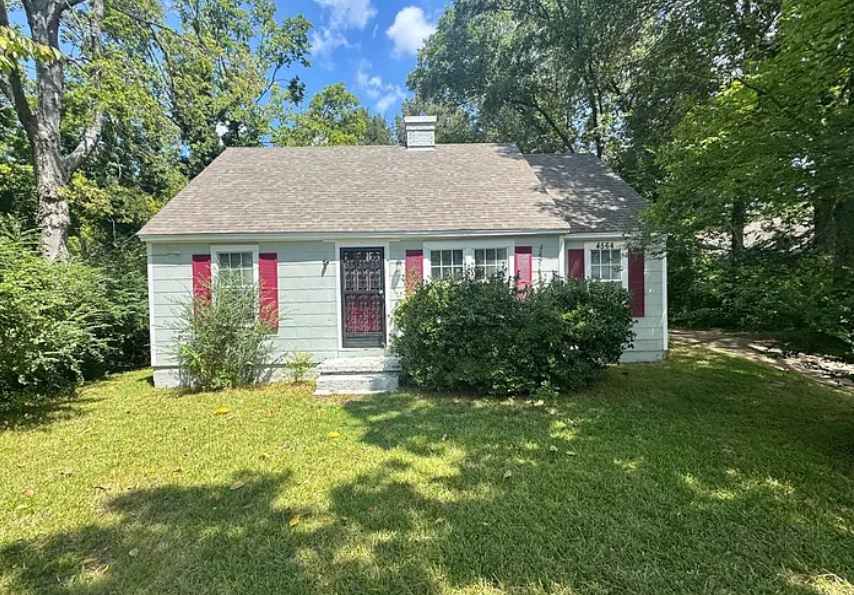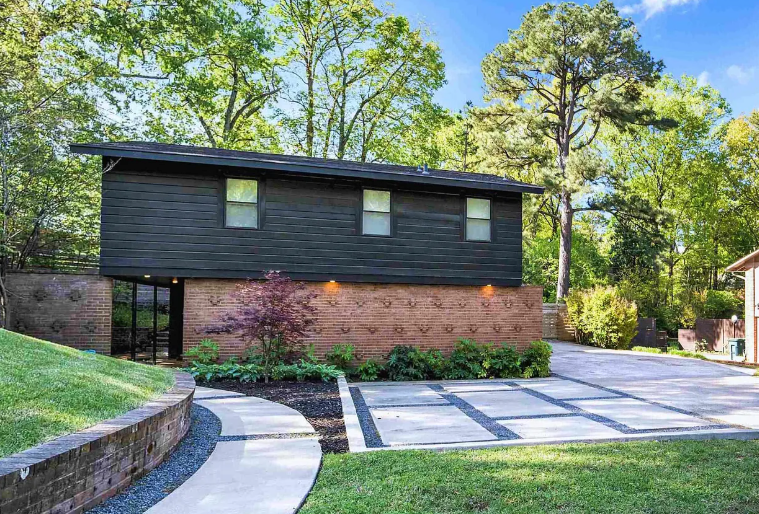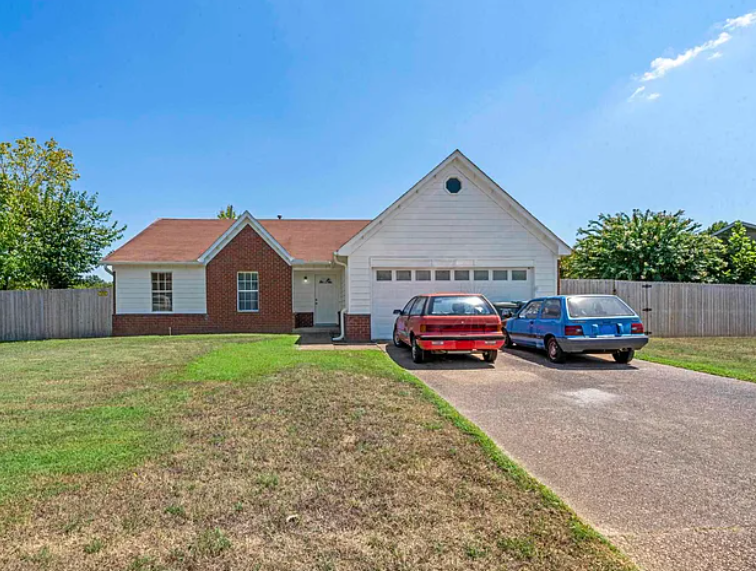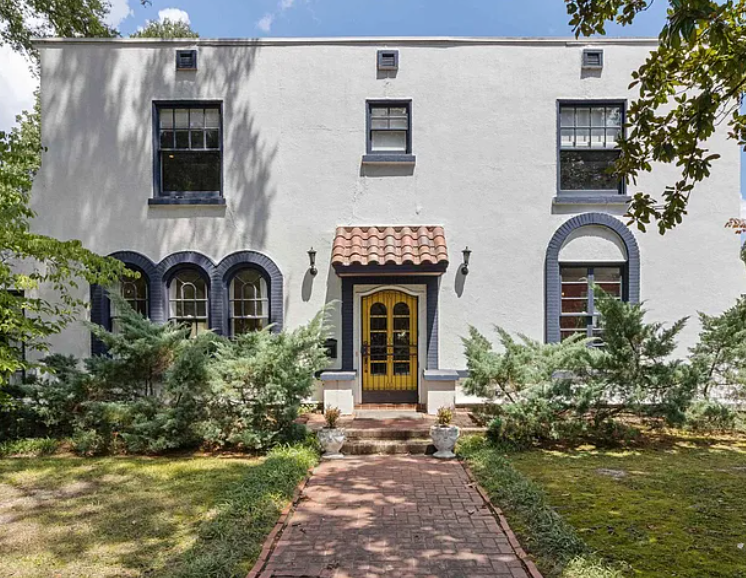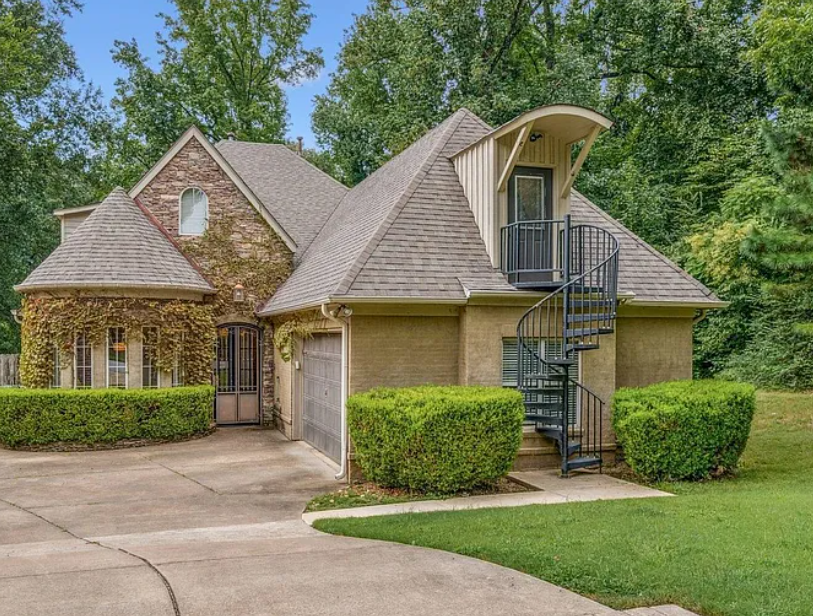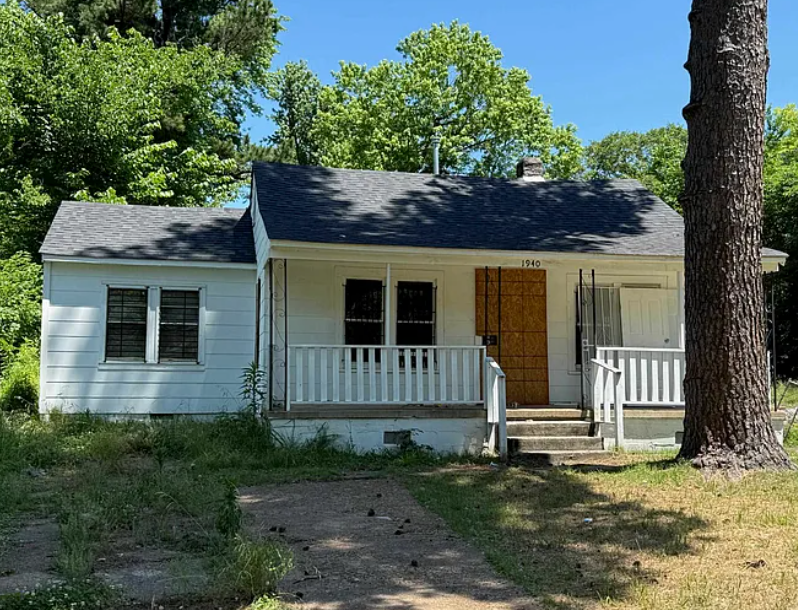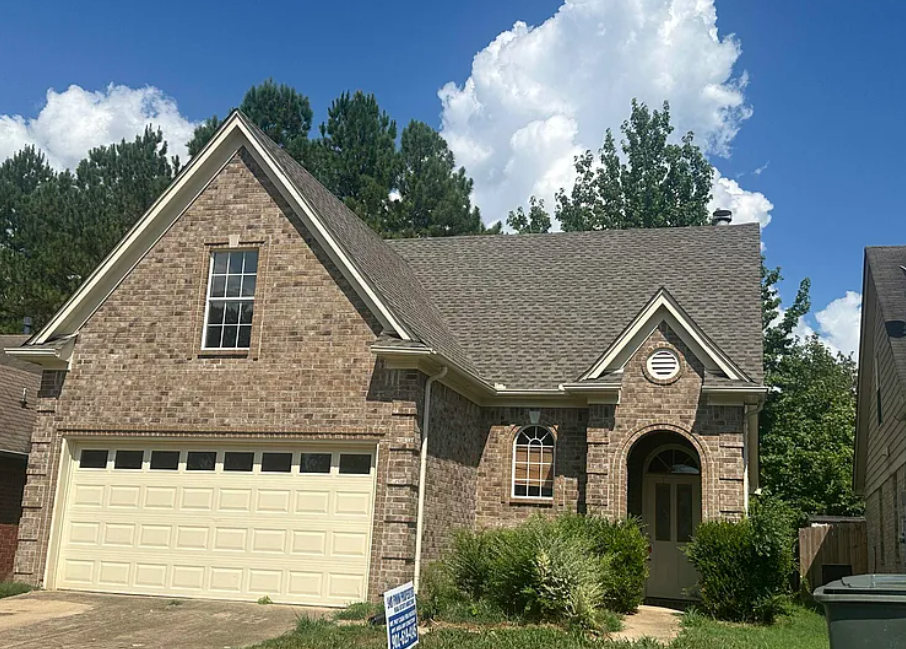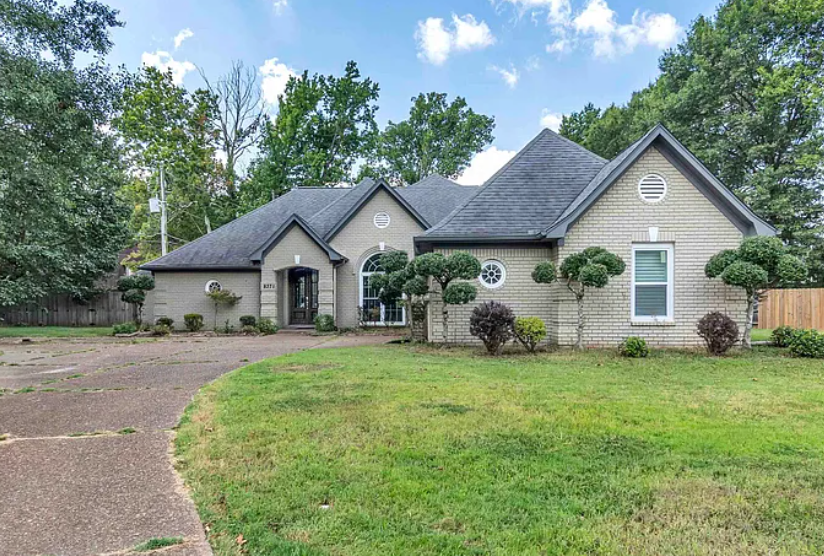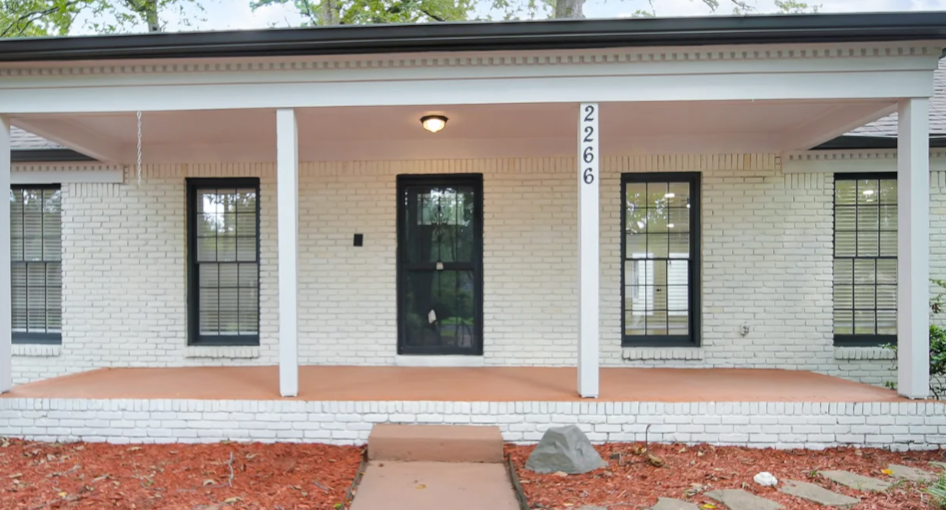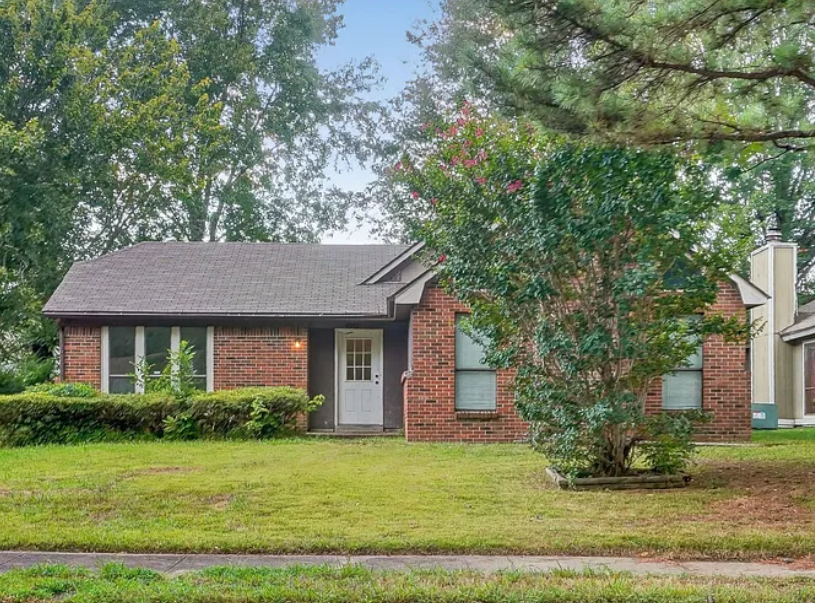5 Tips for Selling Your Home Online Like a Professional

Selling your home online can be an efficient and rewarding way to get the cash you need without dealing with a real estate broker. But it’s important to know how to market your property effectively in order to attract potential buyers and secure a great deal. Here are five tips for selling your home online like a professional:
Pros of Selling Your Home Online
Cash: Cash home buyers often pay more than market value, so they can be an attractive option when selling your home. Plus, you don’t have to wait for financiers to approve buyers; the cash is yours right away.
Convenience: Selling your home online gives you control over the process and allows you to quickly find buyers without having to rely on a broker. Plus, it saves time because there’s no need to show the property—just provide pictures, videos, and other details about the house.
More Control Over the Process
Selling online gives you more control over the process, such as setting a timeline, negotiating price and terms, and deciding if you want to accept or reject offers. This can help ensure that you get the best price for your home.
Access To a Wider Pool of Buyers
Selling online opens up access to a much wider pool of buyers than traditional real estate channels, allowing you to cast a wide net and attract more attention for your property.
Increased Transparency and Clarity
When selling online, buyers can see detailed information about the property before they commit to an offer. This makes it easier for them to make an informed decision and helps ensure that there are no surprises after the sale.
Reduced Transaction Fees and Commissions
Last but not least, selling your home online eliminates the need to pay brokerage fees and commissions. This can be a huge savings when you’re trying to maximize your return on the sale.
By following these tips, you can sell your home online like a professional and get the cash you need without having to use a real estate broker. Cash home buyers are sometimes willing to pay more than market value, so it’s worth considering this option when selling your property. Good luck!

, Click Here to Sell You House Online, with 0 Fees! ,
- Pay Zero Fees
- Close in 7 Days
- Sell your house as-is
- No realtors or commissions, guaranteed offer!
How To Sell My House Online
Selling your house online can be a relatively simple process. First, you need to create an online listing with detailed information about the property, such as its location, size, amenities, and any other relevant information. Then, include photos or videos of the house so potential buyers have a better idea of what it looks like. When potential buyers contact you for more information or to request a viewing, make sure to respond promptly. Once you’ve received an offer that meets your expectations, simply accept the offer and complete all necessary paperwork with the buyer’s lawyer or conveyancer. Cash home buyers are often willing to pay more than market value for properties they find online — so keep this in mind when setting your sale price
Talk To Cash Home Buyers Near You
If you’re looking to sell your home quickly and easily, consider talking to cash home buyers near you. Cash home buyers are often interested in properties that they can purchase without going through the lengthy process of getting a mortgage. Cash home buyers usually have their own funds available or have access to private capital investments that allow them to pay cash for a property. Cash home buyers can also provide you with a faster closing and more flexibility in the terms of the sale. When selling to cash home buyers, it’s important to make sure that you get all the necessary paperwork and contracts in order before the transaction is complete. Doing so helps protect both yourself and the buyer from any potential issues in the future.
Leverage Online Real Estate Listings
When selling your home online, you can leverage a variety of real estate listing sites to reach potential buyers. Popular websites such as Zillow, Redfin, and Realtor.com allow you to post detailed information about your property for prospective buyers. By using these platforms, you can cast a wide net and give yourself the best chance of attracting serious offers from buyers. Additionally, you can post pictures and videos of your home to give potential buyers a better idea of what the property looks like. This will help make the listing more attractive and increase its chances of getting attention from interested parties.
Promote Your Online Home Sale
Once your home is listed online, you need to promote it in order to get the attention of potential buyers. You can do this by publicizing the listing through social media and other online channels. Additionally, you can reach out to local real estate agents or cash home buyers who may be interested in purchasing properties like yours. Take advantage of any free or low-cost marketing opportunities to make sure your listing is seen. With the right promotion tactics, you can boost your home’s visibility and increase its chances of being sold quickly and for a good price.
Writing an Engaging Description
When selling your home online, you need to craft an engaging description that will attract buyers. Your description should highlight the most positive aspects of the property and make potential buyers excited about it. Include information such as its history, special features, or even stories associated with the house. Doing so will give potential buyers a better sense of what makes this home special and why they should consider buying it. Additionally, make sure your description is concise and free of spelling or grammar errors.
Posting Quality Photos
When listing your home online, make sure to include quality photos of the property. Photos give potential buyers an idea of what the house looks like and can help create an emotional connection with them. Consider hiring a professional photographer or taking pictures yourself using a high-resolution camera. Be sure to take multiple shots from different angles that capture the best features of the home. You can also add lifestyle shots that demonstrate how the house could be used by a potential buyer.

, Click Here for cash home buyers near you, Sell for cash! ,
- Pay Zero Fees
- Close in 7 Days
- Sell your house as-is
- Guaranteed cash offer!
How to Negotiate With Buyers
Negotiations are an important part of selling a home online. When engaging with potential buyers, it is essential to be firm in your asking price and have confidence in the value of your property. Be willing to listen to their offers and see if you can reach an agreement that satisfies both parties.
Negotiate With Flexibility in Mind
When you sell your home online, it’s important to remain open to reasonable negotiations. Be willing to discuss terms such as closing costs and inspection fees with the buyer so that you can come to an agreement that works for both of you. Additionally, consider offering incentives such as a home warranty or set appliances in order to sweeten the deal. This can help make the negotiation process smoother and more successful.
Be Proactive During Counteroffers
When you receive a counteroffer from a potential buyer, it’s important to be proactive. Show that you are open to continuing negotiations and willing to work together in order to reach an acceptable agreement. Be prepared to make small concessions if necessary, as long as they do not significantly reduce the value of your home or undo any of the terms you have already agreed on.
Conclusion
Selling your home online can be a great way to get the price you want and close the sale quickly. However, it is important to market your property effectively and negotiate with buyers in order to achieve success. Utilize quality photos, write an engaging description, promote your listing through social media and other channels, and remain open to reasonable negotiations in order to facilitate a successful sale. With the right approach, you can easily sell your home online!
Have you had any experience selling a home online? Let us know in the comments below!
Frequently Asked Questions
What are the main benefits of selling my house online?
The main benefits of selling your house online include convenience, access to a large selection of buyers, and increased transparency throughout the process. It can also help you sell your home quickly and for a good price.
Are there any potential risks in selling a house online?
Yes, there are some potential risks involved in selling a house online. For example, you may encounter scams or deal with buyers that aren’t serious about the transaction. Be sure to thoroughly research and vet any potential buyers before engaging in negotiations.
Request Your Offer Now
